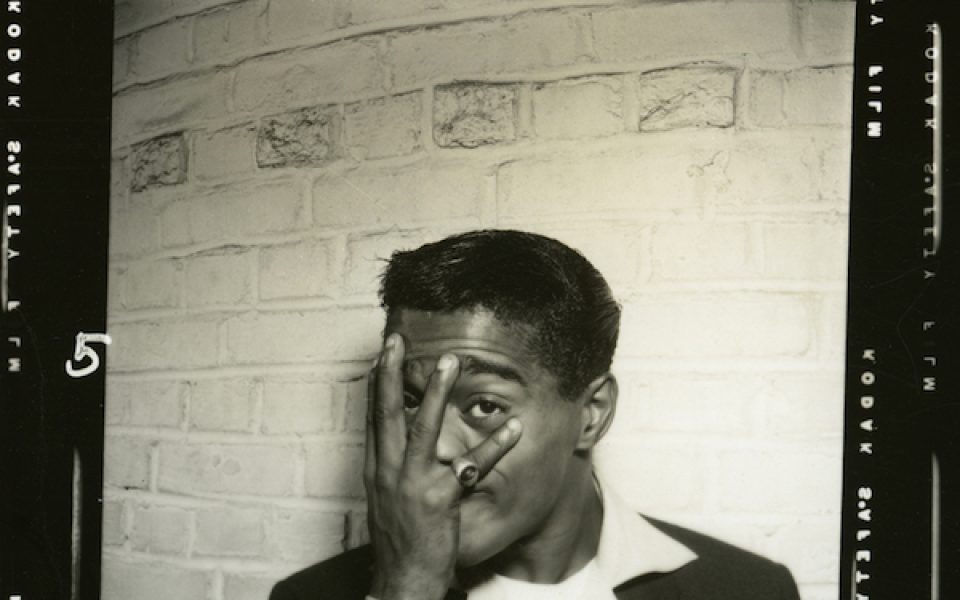Dir. Samuel D. Pollard, USA, 2017, 100 minutes
It’s possible that the world doesn’t need another Sammy Davis Jr. biography. Though he was undoubtedly a showbiz legend whose career stretched from the days of minstrelsy through the Rat Pack era and well beyond, the man has been dead for nearly 30 years and several books and films, and even a TV special, have ably memorialized his career.
But I’ve Gotta Be Me looks at the entertainer’s legacy through the lens of his blackness, kicking off with Davis’ ill-advised performance at a Republican youth convention in 1972 during which, on television, he hugged President Richard Nixon. In the post civil-rights era, Davis had already been looked upon as something of an Uncle Tom for his antics with Frank Sinatra and the Rat Pack, but Davis’ contributions cannot be overlooked.
Born in Harlem during the Renaissance, he was a child star who never spent a day in school and crossed the country 10 times before he was 10 years old, often performing in blackface. Later, as part of his uncle’s “negro flash act,” the Will Mastin Trio, his undeniable talent broke down walls. He was the first African-American to do impressions of white celebrities on television, the first to kiss a white woman on a Broadway stage, the first to be stay in Las Vegas hotels.
Famously, the Sands drained their pool after he swam in it, at the behest of some Southern guests. And he raised the ire of the alt-right of his day, who picketed his shows and threatened his life after he married Swedish model May Britt in 1960.
Using interviews with showbiz peers such as Whoopi Gioldberg, Billy Crystal, BNoirman Leasr, Quincy Jones, Jerry Lewis, former paramour Kim Novak and Dihann Carroll, along with input from Afrocentric writers who contextualize Davis’ place in the struggle.
But it’s worth the watch for the footage of Davis alone, perhaps the most consummate performer in American history.
Sammy Davis Jr: I’ve Gotta Be Me screens on Thursday at 7:30 p.m. at the Hanesbrands Theatre, and at RED Cinemas on Monday, April 23 at 8 p.m.
Join the First Amendment Society, a membership that goes directly to funding TCB‘s newsroom.
We believe that reporting can save the world.
The TCB First Amendment Society recognizes the vital role of a free, unfettered press with a bundling of local experiences designed to build community, and unique engagements with our newsroom that will help you understand, and shape, local journalism’s critical role in uplifting the people in our cities.
All revenue goes directly into the newsroom as reporters’ salaries and freelance commissions.


Leave a Reply